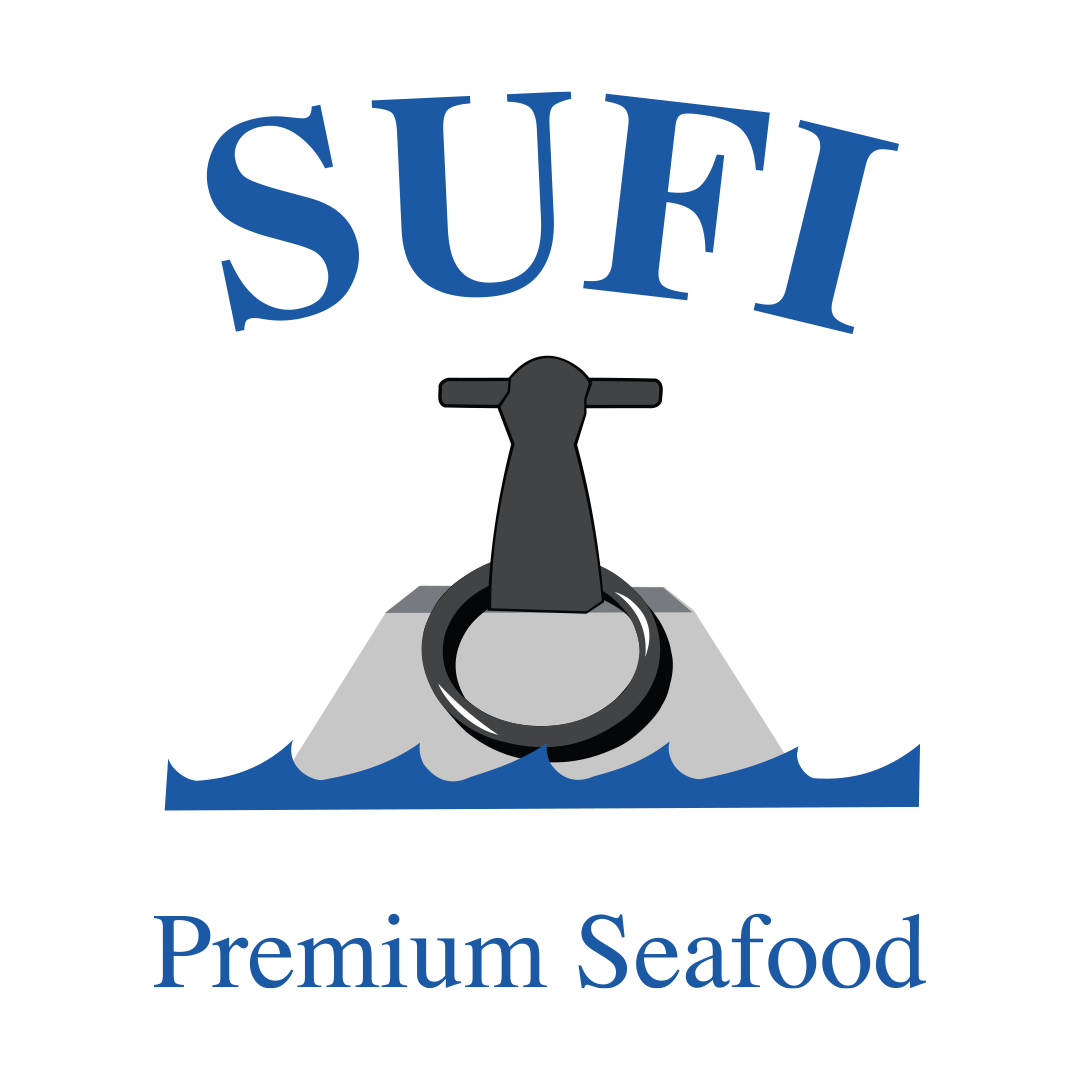
Certificates
Preserving Cultural Heritage and Quality Assurance
In a world where global markets are dominated by mass-produced goods, the significance of a Protected Geographical Indication (PGI) certificate cannot be overlooked. This certification serves as a beacon of authenticity, preserving cultural heritage, and ensuring quality assurance for consumers. As we delve deeper into the concept of a PGI certificate, we begin to understand its multifaceted benefits.
Firstly, a PGI certificate provides legal protection to unique regional products. It is granted to goods that possess qualities or reputation attributable to their geographical origin. This recognition safeguards the traditional practices, local know-how, and craftsmanship that have been passed down through generations.
Beyond cultural preservation, a PGI certificate also benefits consumers. When purchasing a product with this certification, consumers can be confident in its quality and unique characteristics. These certificates act as a guarantee of product standards and differentiate authentic regional goods from mere imitations. By offering traceability and origin assurance, consumers have the chance to make informed choices, appreciating the quality and cultural significance behind a product.
PGI certificates not only benefit traditional goods but also extend their advantages to areas such as agriculture and handicrafts. This not only safeguards the local industry but also reinforces the value of age-old artisanal practices, enhancing the overall reputation and marketability of the product.
Moreover, a PGI certification can also drive sustainable development. By protecting the regional specificity of certain products, the certificate discourages large-scale industrial production, which often sacrifices quality for mass quantities. The focus on the unique attributes of a particular geographical area encourages smaller-scale and environmentally-friendly production methods. This promotes the sustainability of local resources, encourages biodiversity, and fosters responsible production practices.
Protected Geographical Indication (PGI) Certificate
Marine Stewardship Council (MSC) Certificate
In an era when environmental concerns are on the rise, consumers around the world are becoming more conscious about the products they buy, including seafood. The need for sustainable fishing practices has never been more critical, and the Marine Stewardship Council (MSC) has emerged as a leading certification body to address this concern. This article dives into the significance of the MSC certificate and how it ensures the sustainability and integrity of seafood products.
What is the MSC Certificate?
The MSC is a globally recognized nonprofit organization dedicated to promoting sustainable fishing practices and safeguarding the oceans' biodiversity. The organization developed a widely recognized certification program known as the MSC certificate. This certificate is awarded to fisheries and seafood processors who meet their stringent standards for responsible fishing and traceability.
Ensuring Long-term Sustainability
The MSC certificate is awarded to those fisheries that meet specific criteria, such as employing sustainable fishing methods to maintain the health and productivity of marine ecosystems. These methods include responsible catch limits, reducing bycatch, protecting sensitive habitats, and effective management of the fishery.
By adhering to these guidelines, the MSC certificate encourages the fishing industry to adopt responsible practices to prevent overfishing and ensure the long-term sustainability of seafood stocks. It acts as a guiding light for fisheries to operate in a manner that protects not only marine life but also the livelihoods of those who depend on them.
Traceability and Consumer Confidence
One of the vital aspects of the MSC certificate is its emphasis on traceability. Seafood products carrying the MSC logo can be traced back through every step of the supply chain, giving consumers confidence in the origin and sustainability of the product.
Through a transparent chain of custody, the MSC certificate ensures that the seafood being consumed was sourced from certified sustainable fisheries and has been handled responsibly from catch to plate. This transparency empowers consumers to make informed choices and support sustainable fishing practices, thereby fostering a market demand for responsible seafood.
Impact on Ecosystems and Communities
The MSC certificate not only benefits the oceans and the seafood industry but also has a positive impact on the wider environment and the communities relying on it. By promoting sustainable fishing methods, the MSC helps preserve delicate marine ecosystems, protect biodiversity, and mitigate the negative impacts of fishing on endangered species.
Additionally, the MSC certificate encourages better management practices, promoting more secure and profitable fishing operations. By providing economic incentives for responsible fishing, it ensures a sustainable livelihood for fishing communities and safeguards
Hazard Analysis Critical Control Point (HACCP) Certificate
Ensuring Food Safety and Quality
In the realm of food production and service, maintaining high levels of safety and quality is of utmost importance. As consumers become increasingly conscious of what they consume, businesses must demonstrate their commitment to meeting stringent food safety standards. One significant way they can do this is by acquiring a Hazard Analysis Critical Control Point (HACCP) certificate.
The HACCP certificate is a globally recognized accreditation that serves as proof of a company's adherence to the principles and practices of HACCP. HACCP is a systematic approach to identifying, evaluating, and controlling potential hazards throughout the food production process. It operates on the principle of prevention rather than detection, enabling businesses to proactively manage risks associated with food safety.
To obtain a HACCP certificate, an organization must undergo an extensive assessment by an authorized certification body. This assessment evaluates an organization's ability to identify, assess, and control potential hazards specific to their industry, ensuring their processes align with the seven HACCP principles:
1. Conduct a hazard analysis.
2. Determine critical control points (CCPs).
3. Establish critical limits.
4. Monitor the CCPs.
5. Establish corrective actions.
6. Verify the system's effectiveness.
7. Document and maintain records.
By successfully implementing these principles, businesses can instill confidence in their consumers by assuring the safety and quality of their products. A HACCP certificate holds great value, offering a competitive advantage in an industry where consumer trust and satisfaction are paramount.
The benefits of holding a HACCP certificate go beyond consumer perception. It also helps businesses enhance their operational efficiency, minimize the risk of foodborne illnesses and product recalls, comply with regulatory requirements, and streamline their processes. With the rigorous assessment process involved in obtaining the HACCP certificate, businesses undergo a thorough evaluation that prompts them to continually improve their food safety procedures and systems.
For consumers, seeing a HACCP certificate displayed by a food establishment provides them with peace of mind. It assures them that robust systems are in place to prevent contamination, ensure proper handling, and maintain the overall safety and quality of the food they are consuming. From farm to table, the HACCP certificate signifies a commitment to excellence in food safety.
In the ever-evolving landscape of the food industry, staying ahead of the curve in terms of food safety and quality is essential. The HACCP certificate is an invaluable tool for businesses to demonstrate their dedication to these principles



